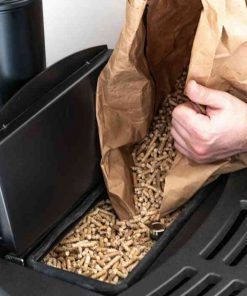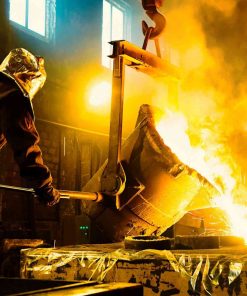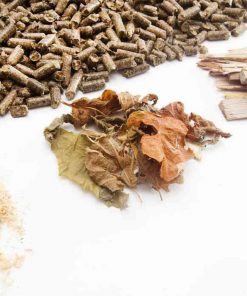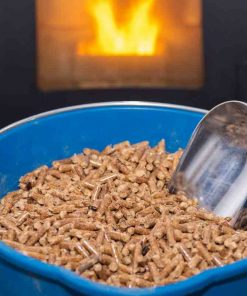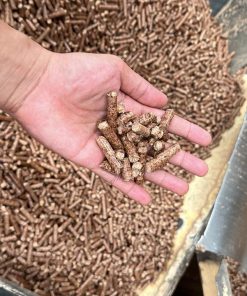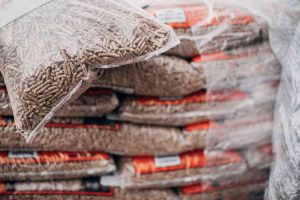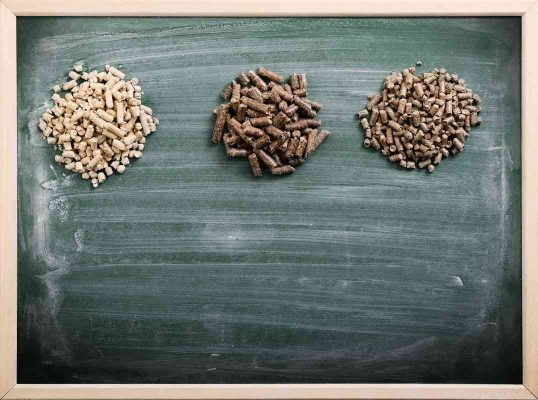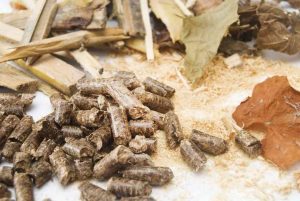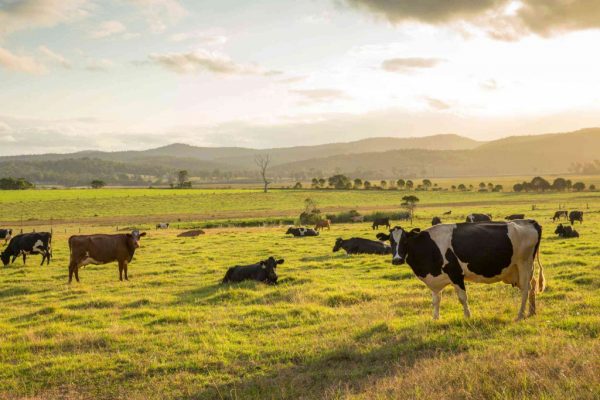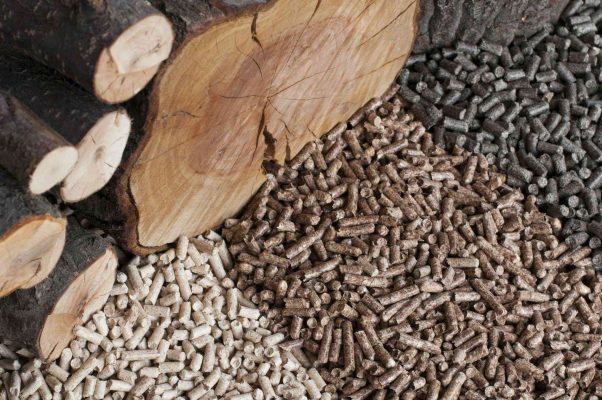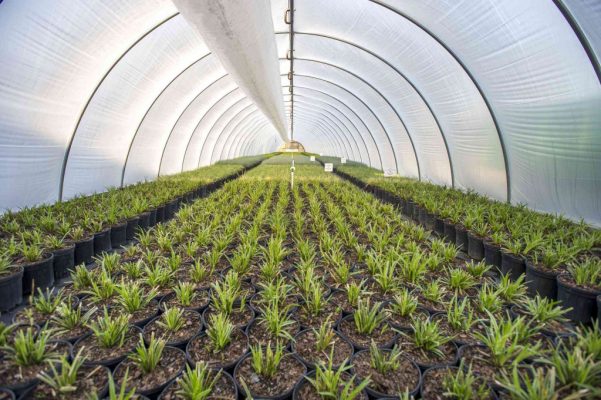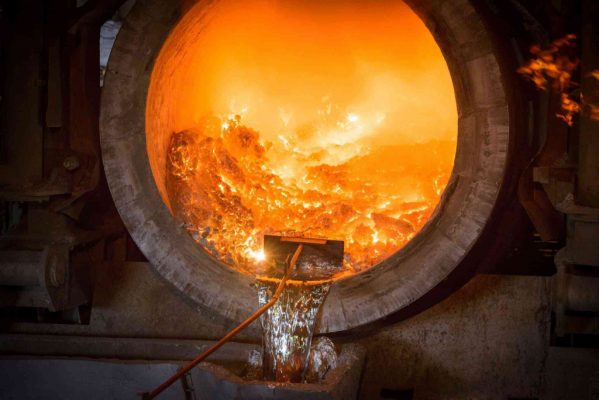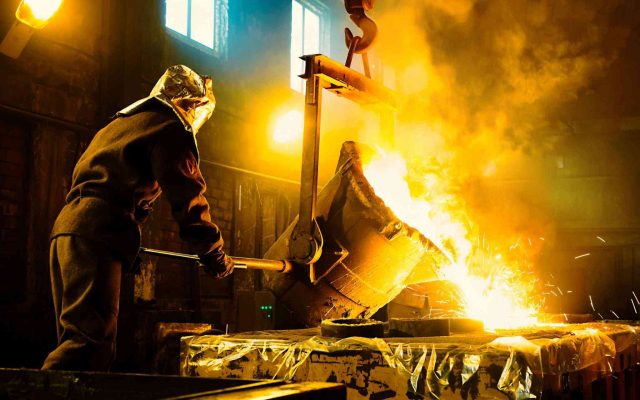Welcome to our Shop
We introduce you to our wide selection of high-quality wood pellets. Our store offers a range of options, from softwood to hardwood pellets, so you can find the perfect fit for your heating needs.
We understand the importance of choosing the right type of fuel for your home or business, which is why we only offer the best quality wood pellets. Our pellets are made from sustainably sourced wood and are carefully crafted to ensure optimal heat output and efficiency. Thank you for choosing our shop for your wood pellet needs. We’re confident that you’ll find the perfect pellets to keep you warm and cozy all winter long!
Browse products
Wood Pellet
Improved indoor air quality
Biomass fuels produce fewer particulate emissions than traditional fossil fuels, which can improve indoor air quality.
Reduced carbon emissions
Biomass fuels are considered carbon-neutral, meaning that they do not add to the amount of carbon in the atmosphere.
Efficiency gains
Biomass fuels can be less expensive than traditional fuels, such as oil or propane, which can result in cost savings for the user.
Latest news
Frequently asked questions (FAQs)
Wood Pellet
Albasia (Albizia falcataria) is a fast-growing tree species that belongs to the family Fabaceae. It is native to Southeast Asia, particularly Indonesia, Papua New Guinea, and the Philippines, and has been introduced to many other countries in the tropics, including Africa and South America.
Albasia is widely cultivated for its timber, which is used for a variety of purposes, such as furniture, construction, paper pulp, and plywood. Its wood is light, soft, and easy to work with, and has good strength and durability properties. Albasia trees can grow up to 30 meters tall and have a straight trunk with a diameter of up to 80 cm.
In addition to its economic importance, Albasia also has ecological benefits, such as soil conservation, erosion control, and carbon sequestration. Its leaves and bark can be used for medicinal purposes, and it is also used in traditional cultural practices.
Calorific value and kcal (or kilocalories) are related but different concepts. Calorific value is a measure of the amount of heat released by a fuel when it is burned and is typically expressed in units of energy per unit of mass, such as joules per kilogram (J/kg) or kilocalories per kilogram (kcal/kg).
On the other hand, a kilocalorie is a unit of energy equal to 1,000 calories, and is commonly used to express the energy content of food. For example, when you see the label on a food product that says it contains 100 kcal, it means that consuming that food will provide your body with 100,000 calories of energy.
In other words, calorific value is a measure of the energy content of a fuel, while kcal is a unit of energy used to express the energy content of food.
The sulfur (S) content, nitrogen (N) content, and silicon (Si) content of wood pellets can vary depending on the type of wood used and the production process. However, in general, wood pellets have very low levels of these elements.
Sulfur content in wood pellets is typically less than 0.1%, and nitrogen content is typically less than 0.5%. These low levels are beneficial for combustion efficiency and for reducing emissions of sulfur oxides and nitrogen oxides during combustion.
Silicon content in wood pellets is also typically low, usually less than 1%. However, some species of wood, such as bamboo, can have higher levels of silicon. Silicon can contribute to ash formation during combustion, but it can also have benefits for reducing emissions of certain pollutants.
It’s important to note that the precise S, N, and Si content of wood pellets can vary depending on the source and production process. Therefore, it’s recommended to consult with the manufacturer or supplier of the wood pellets for specific information about the elemental content of their product.



